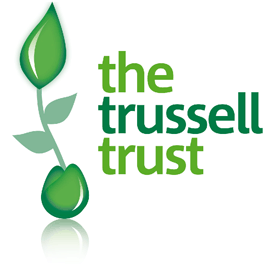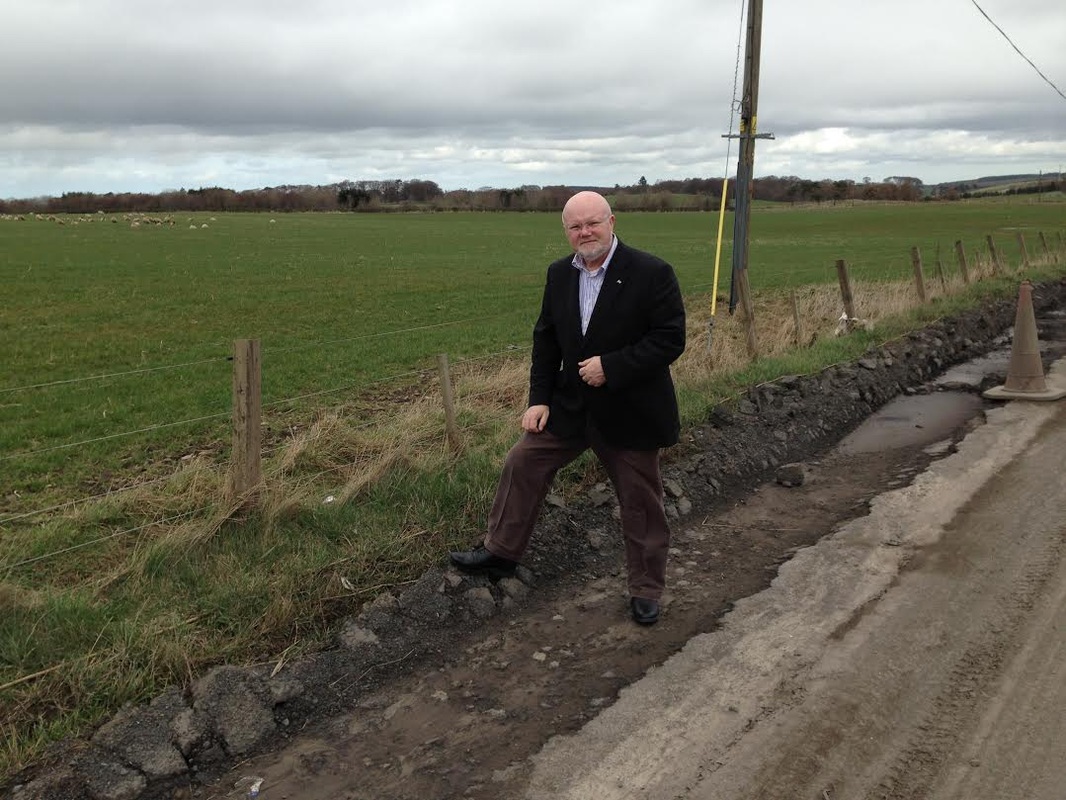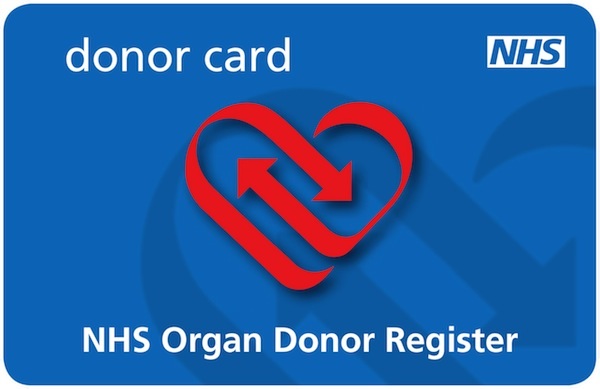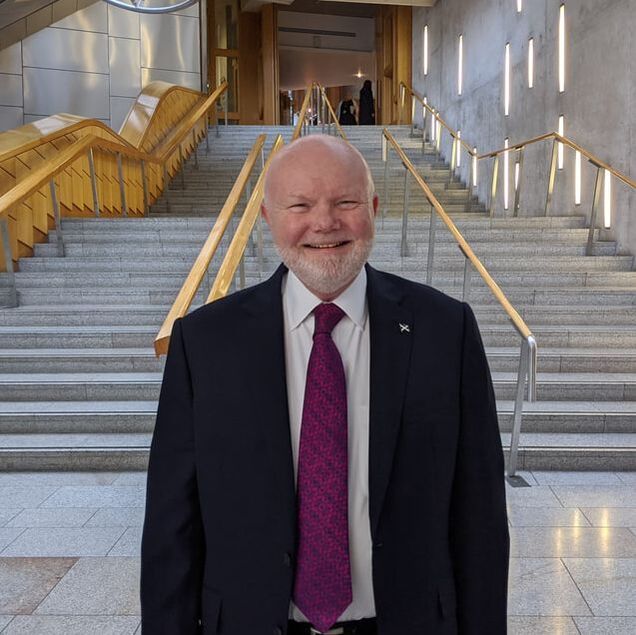|
The SNP is today welcoming support for an independent Scotland in the European Union from a high ranking EU diplomat.
Bernard Savage, who is a key figure in the European External Action Service said: "We believe in democracy and that the Scottish people have the right to decide for themselves if they wish to remain in Britain or become independent." Mr Savage was highly critical of the outgoing President Barosso’s claims and added: "Spain will not vote to remove our fishing grounds from the EU's biggest and best fleet." And he concluded: "Mr Salmond is winning the argument in an initially hesitant Scotland and he will surely persuade Europe of the logic and benefits of the full participation in the EU of one of the continent's oldest nations." Welcoming the article, published today on NewEurope.eu, Christina McKelvie MSP, who is also Convener of the European and External Affairs Committee, said: "This is a very welcome common sense contribution from a man who has worked in the EU for nearly quarter of a century and understands the realities of what is in Scotland and Europe’s best interests after a Yes vote. "It follows on from Alex Salmond’s keynote speech in Bruges where the First Minister outlined the huge contribution Scotland makes to the European Union. "Scotland’s has vast natural resources, rich fishing waters and cultural and social ties which place us at the very heart of the EU. "People in Scotland want to play an active, engaged role in the EU and the only way that is possible is with a Yes vote for an independent Scotland in next year’s referendum. "The biggest source of uncertainty on Scotland’s future is coming from the Westminster parties dancing to UKIP’s tune – and threatening to rip us out of the EU. "With a YES vote in September's referendum, Scotland will gain the right to speak with our own voice in Europe and ensure that the needs of people in Scotland are always heard in EU negotiations."
0 Comments
Figures from the Trussell Trust show that in 2012/13 Scottish foodbanks provided help to 14,318 people, but in 2013/14 that figure had increased to 71,428, an increase of 400%.
In Midlothian, a total of 1,390 people were using foodbanks, of which, more than 34% (480) were children. In East Lothian, a total of 1,570 people were using foodbanks, of which, more than 31% (496) were children. Benefit changes, benefit delays and low income are cited by the Trussell Trust as the key causes of people in Scotland seeking support from their food banks. At the recent SNP Conference, Deputy First Minister Nicola Sturgeon announced a £1 million package of support for food banks that will help them to provide the support that many people are now relying upon. Commenting, SNP MSP Colin Beattie said: “It is a grim reality that in a country as wealthy as Scotland, Westminster’s actions have forced more than 1,300 in Midlothian, and more than 71,400 across the whole of Scotland, to rely on food banks to survive. “What is particularly worrying is the number of children relying on foodbanks. Children make up 30% of the number of people using foodbanks. And it is only going to get worse as the Child Poverty Action Group report that Westminster reforms will plunge another 100,000 children into poverty by 2020. It doesn’t have to be this way and the referendum in September allows Scotland the chance to things drastically different. “The announcement of a £1 million package of support for food banks is certainly proof of the Scottish Governments intentions to alleviate some of the negative effects of Westminster’s actions. “However, Scotland needs the responsibility for our own decisions on tax and welfare so that people are no longer forced to rely upon food banks. “With a YES vote in September, we will be able to ensure that Scotland’s tax and welfare system reflect the priorities of people in Scotland.” The SNP is today welcoming new figures showing employment in Scotland at its highest level since records began.
2.575m people over 16 – 13,000 more than the previous record pre-recession - are now in employment according to the latest figures from the Office for National Statistics. The figure marks an historic high - higher than the employment rate on the date of the first meeting of the Scottish Parliament in 1999 (2.29m); the rate at the end of the Holyrood Lib-Lab coalition government in 2007 (2.558m) and the date on which the Edinburgh Agreement was signed in October 2012 (2.468m). On top of this, female employment has increased by 46,000 over the year – and the female employment rate is now 1.8 per cent higher than the UK figure. The number of people claiming Jobseekers Allowance fell by 2,400 over the month to March – the 17th monthly fall in a row. The figures also show Scotland continuing to outperform the UK across all headline labour market indicators with a lower unemployment rate, higher employment rate and lower economic activity rate. Welcoming the figures, SNP MSP Jamie Hepburn, who sits on the Parliament's Welfare Reform Committee, said: “Employment is now at an historic high – higher than during key Scottish dates such at the first meeting of the Scottish Parliament in 1999, the end of the Lib-Lab coalition at Holyrood in 2007 and the date the Edinburgh Agreement was signed in 2012. “These record employment figures are an endorsement of the SNP’s actions in government to support the Scottish economy. At a time of unprecedented budget cuts being passed down from Westminster, this is a significant achievement that must be welcomed. But we know there is more that can be done. “With the full powers only independence can bring, we could do so much more to strengthen the Scottish economy and build a fairer Scotland. Reports today of a 400 per cent increase in food bank use as a result of Westminster’s unfair welfare reforms underline the need for a YES vote in September.” Colin Beattie, MSP for Midlothian North and Musselburgh, today visited the B6367 road which has suffered severe erosion due to heavy vehicles. The road, near to the A7 junction, is under constant usage as part of the creation of the Borders Railway and the damage can be seen at either side of the road as large vehicles have been required to drive near the verge in order to pass each other.
BAM Nuttall, who have been commissioned to undertake the initial stage of construction of the Borders Railway line, have implemented a one-way system to reduce the erosion. Colin Beattie said: ‘This issue was highlighted to me by local residents, and I thought it best to see the damage for myself. Quite clearly the erosion is extensive. I empathise strongly with the residents. ‘I appreciate the efforts BAM Nuttall are making to reduce any future damage; certainly, the implementation of a one-way system will help with this. These roads were never built to withstand such constant, heavy usage. ‘The Borders Railway will clearly bring substantial benefits to Midlothian and beyond. However, it’s important that its legacy does not include issues such as this. To this end I have been working with BAM, Network Rail and the Scottish Government to establish where the funding will come from to fix these roads, and to seek reassurances that local people will not have to suffer any longer than absolutely necessary.’ Colin Beattie, the MSP for Midlothian North and Musselburgh, has called for constituents to sign up to the Organ Donor Register following a huge increase in the number of people receiving a life-saving transplant in Scotland.
This increase has been attributed to a coordinated nationwide effort over the last six years. New statistics show that 341 organ transplants were carried out from deceased organ donors in 2013/14; an increase of around 62 per cent since 2007/8. Similarly in this period, there has been a 96 per cent increase in the number of people in Scotland who have donated their organs after death. In 2013-14, in hospitals across Scotland, 106 individuals and their families made the selfless decision to donate and, in doing so, transformed the lives of people on transplant waiting lists across the country. March 2014, 2,110,881 people living in Scotland had made their organ donation wishes known by As of 31st joining the UK Organ Donor Register. This represents 40 per cent of the Scottish population and compares well against the UK average of 32 per cent. Last year the Scottish Government published A Donation and Transplantation Plan for Scotland 2013-2020 which sets out the ways in which it hopes to improve donation and transplantation in Scotland. The plan builds on the very good progress made under the auspices of the Organ Donation Taskforce between 2008 and 2013. Colin Beattie said: “Firstly I offer my sincere gratitude to every donor and their family in Scotland who, in the face of tragic and challenging circumstances, have demonstrated such kindness and generosity. We must respect people’s organ donation wishes; after all, these figures amply demonstrate that every donation counts. “The past few years have seen important strides being made in Scotland in raising the issue of organ donation. I applaud the staff of the NHS in ensuring that the wishes of organ donors are respected, thus helping to change the lives of people who require life-saving transplants. “However, we must remember that there are still around 600 people in Scotland awaiting an organ. Therefore I encourage everyone to sign up to the NHS Organ Donor Register and make their organ donation wishes known to their loved ones.” By 2020 the Scottish Government aims to increase deceased donation rates to 26 per million of population. This figure currently stands at 20 per million of population, up from 17.9 in 2012/13. The SNP is today highlighting comments from Jimmy Reid Foundation Director Robin McAlpine pointing out the ‘suction machine’ effect of the London economy.
At today’s Economy, Energy and Tourism Committee meeting, Mr McAlpine said the City of London is “far too powerful” and the impact of this was felt across the UK. He added: “London is a suction machine, and as long as we’re tied to a purely City of London financial model of the economy it will keep sucking.” Other witnesses giving evidence pointed to the uncertainty being caused by Westminster’s planned EU referendum, which has the potential to rip the UK out of the EU. Institute of Directors Scotland Chairman Ian McKay said that the “vast majority of businesses would be a lot more concerned about the European referendum because of its effect on their business and their trade”. Garry Clarke, head of policy and public affairs at the Scottish Chambers of Commerce, said that a No vote left Scotland facing the prospect of an EU referendum, adding: “certainly our members would not want to, in the main, leave the EU”. Commenting, SNP MSP Marco Biagi said: “The disproportionate effect that London has on the UK economy as a whole is undeniable – even UK Business Secretary Vince Cable has branded London a ‘giant suction machine’ that is ‘sucking the life blood out of the rest of the country’. As Robin McAlpine stated today staying tied to the City of London means ‘it will keep sucking’. “The Jimmy Reid Foundation’s written submission to the committee pointed out that there is ‘little evidence’ of change at UK level. Westminster has had its chance. With a Yes vote, we can make real progress toward rebalancing our economy and making Scotland fairer. “Both the Institute of Directors and the Scottish Chambers of Commerce highlighted the uncertainty being caused by Westminster’s obsession with ripping the UK out of the EU – both pointed out the negative impact this would have on business. “The only threat to Scotland’s EU membership comes from Westminster. With a YES vote in September, an independent Scotland will continue to be a member of the EU – making our voice heard around the top table for the first time.” |
Parliamentary WorkArchives
May 2024
Links |








